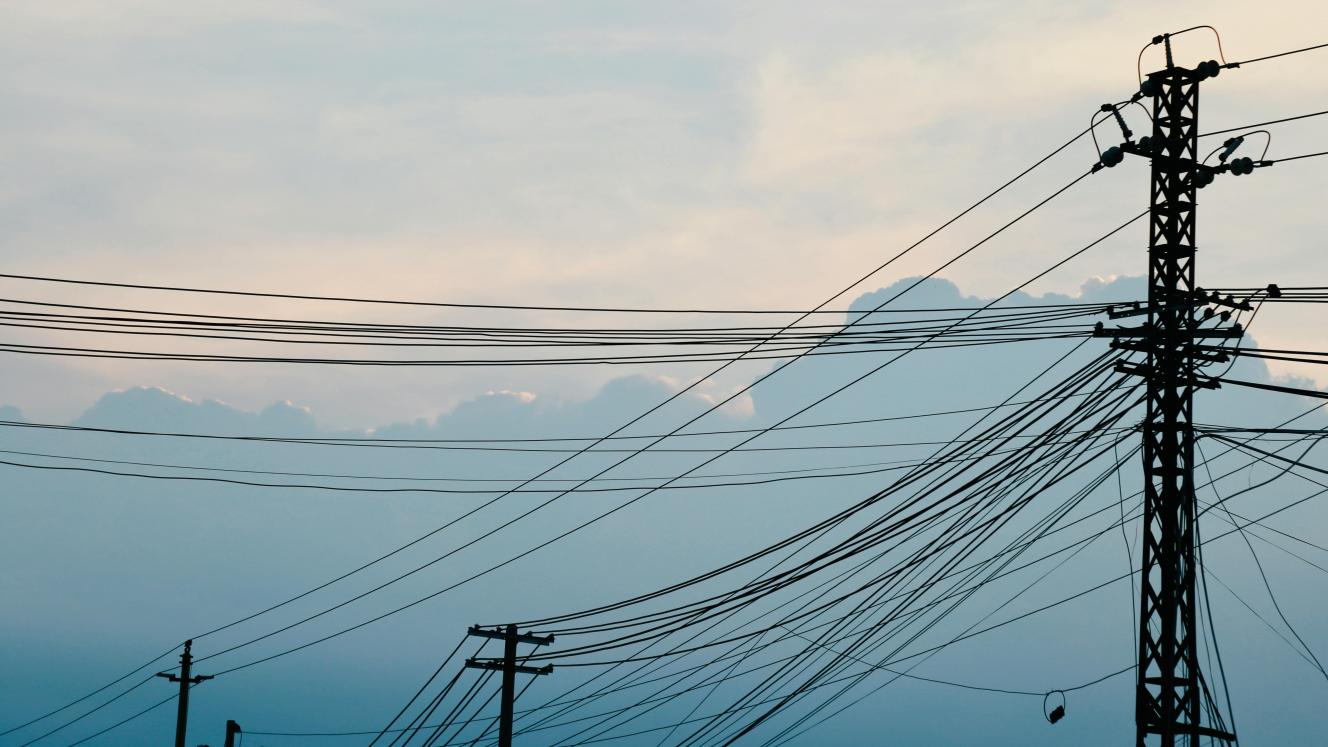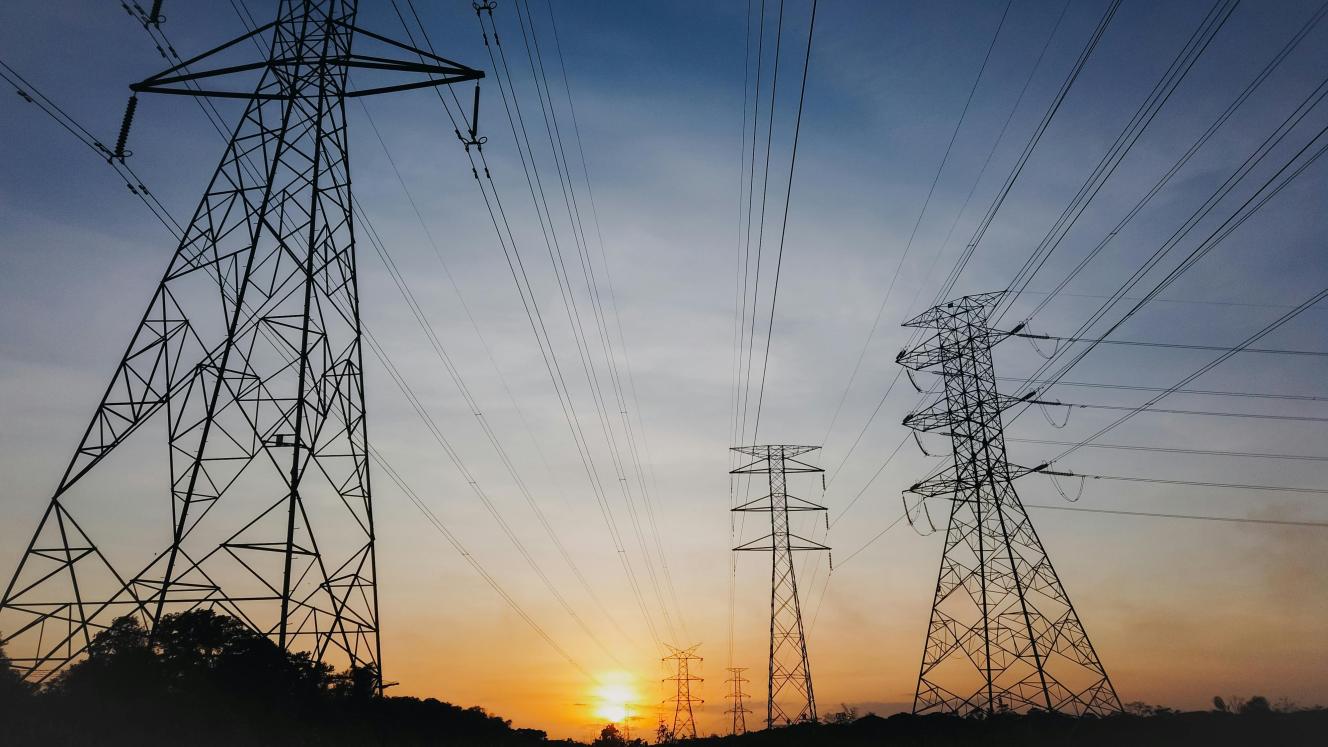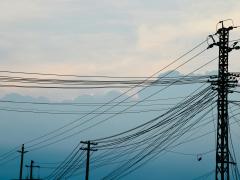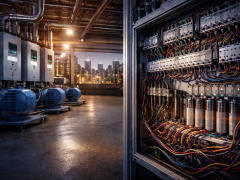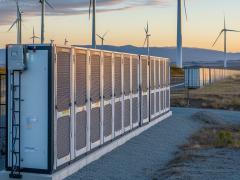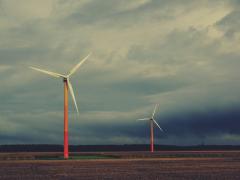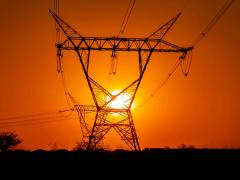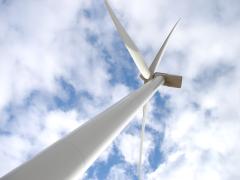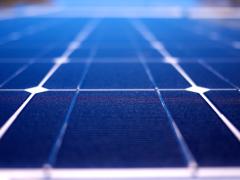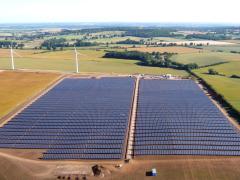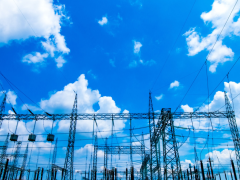South Africa’s Department of Electricity and Energy has received a budget of R6,66 billion for the 2025/26 financial year – rising to R6,87 billion in 2026/27 and R7,14 billion in 2027/28, as outlined in its Medium Term Expenditure Framework presented to Parliament’s Portfolio Committee on Electricity and Energy last week.
Over R4,75 billion, or more than 70% of the budget, has been allocated to the Energy Programmes and Projects branch. Of this, R4 billion will be directed to the Integrated National Electrification Programme (INEP), which funds electrification through transfers to Eskom, municipalities and the South African Nuclear Energy Corporation.
A revised INEP delivery model is being developed and expected to be submitted to Cabinet during 2025/26 alongside a strategy to repurpose the programme to meet future electrification needs.
Additional budget allocations include:
- R248,8 million for administration
- R78,4 million for energy planning and policy development
- R1,54 billion for nuclear energy regulation and management
- R43,2 million to support services for state-owned energy entities
Thabo Kekana, Deputy Director-General for Programmes and Projects in the Department of Electricity and Energy, told the committee that the department is aiming to connect 1,6 million currently un-electrified households by 2030, including 15 000 homes through non-grid technologies. “Addressing the electrification backlog is a national imperative,” Kekana said.
Energy policy development targets for 2025/26
Policy milestones set for 2025/26 include:
- Submission of the revised Integrated Resource Plan 2025 and Gas Master Plan to Cabinet
- Drafting of a new Integrated Energy Plan
- Establishment of a National Energy Market Oversight and Coordination Unit
- Review and approval of the Just Energy Transition Framework
- Publication of national energy balance and energy statistics reports
- Receipt of the Draft Nuclear Energy Act Amendment Bill from the National Economic Development and Labour Council
The Department of Electricity and Energy plans to shift from smaller procurement rounds to large-scale, gigawatt-level renewable energy projects to meet demand and accelerate the energy transition. “Procurement rounds of 100-200 MW are no longer adequate. We are working with the Independent Power Producer Office to facilitate larger-scale new generation rollouts,” Kekana said.
With financial close on a single bid window currently taking an average of 24 months, the Department of Electricity and Energy is aiming to reduce this timeline by leveraging digital tools and accumulated institutional experience.
The department is also establishing an Independent Transmission Project Office, which will lead procurement of new transmission infrastructure and facilitate private-sector participation in grid expansion.
